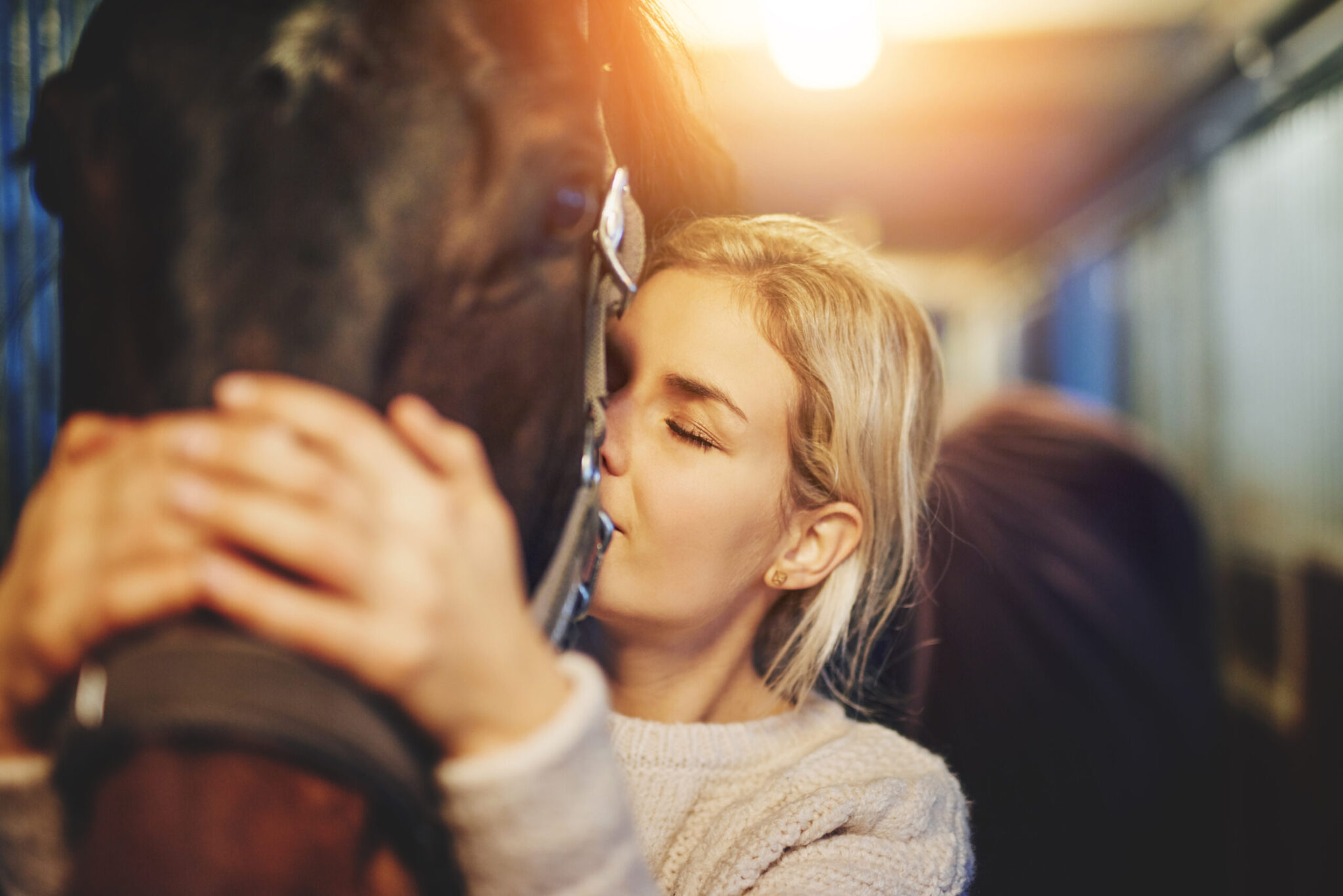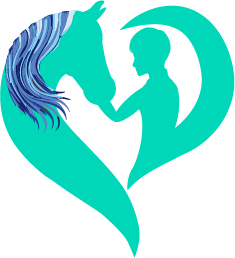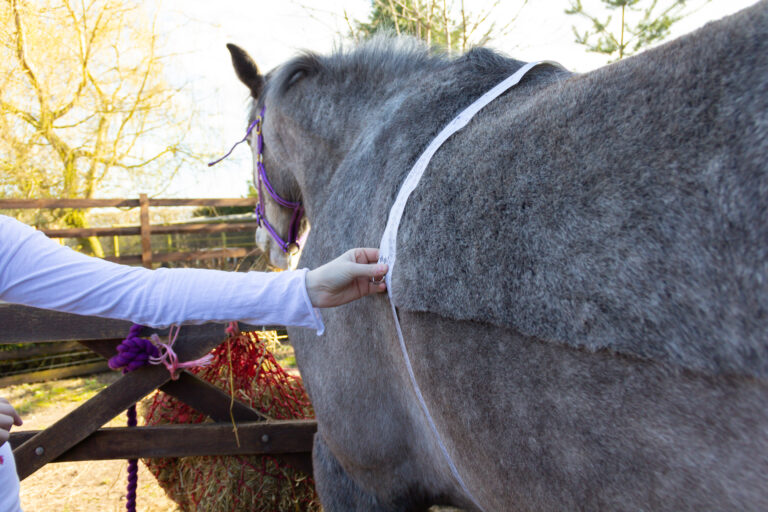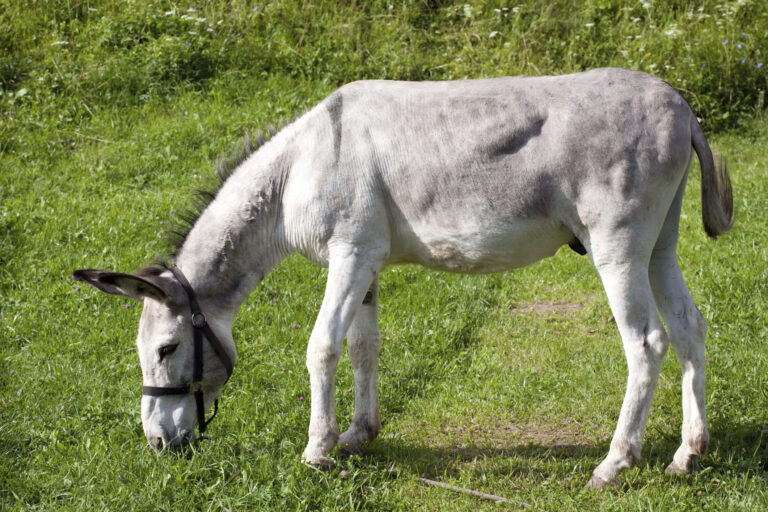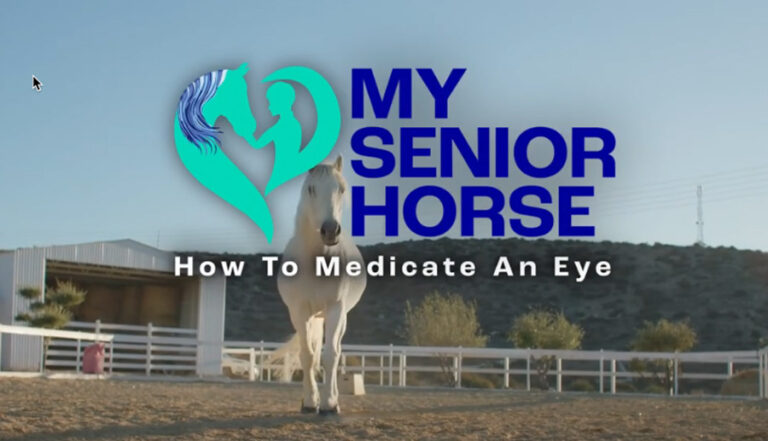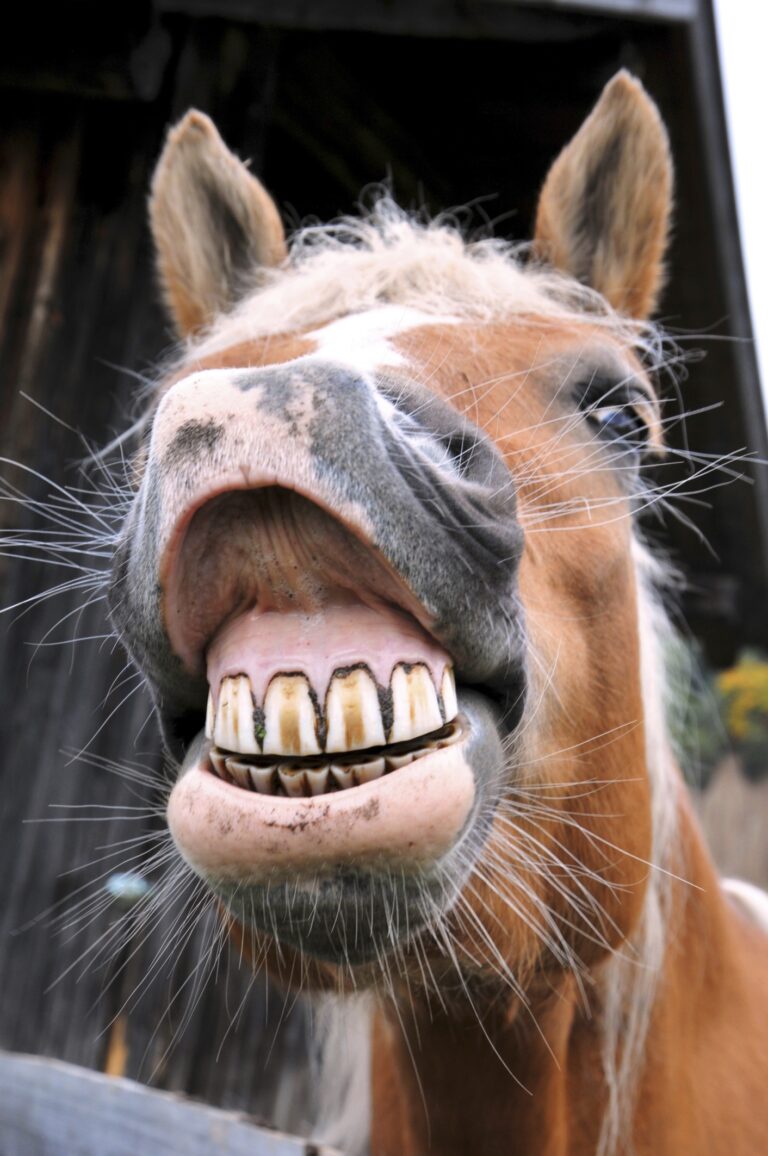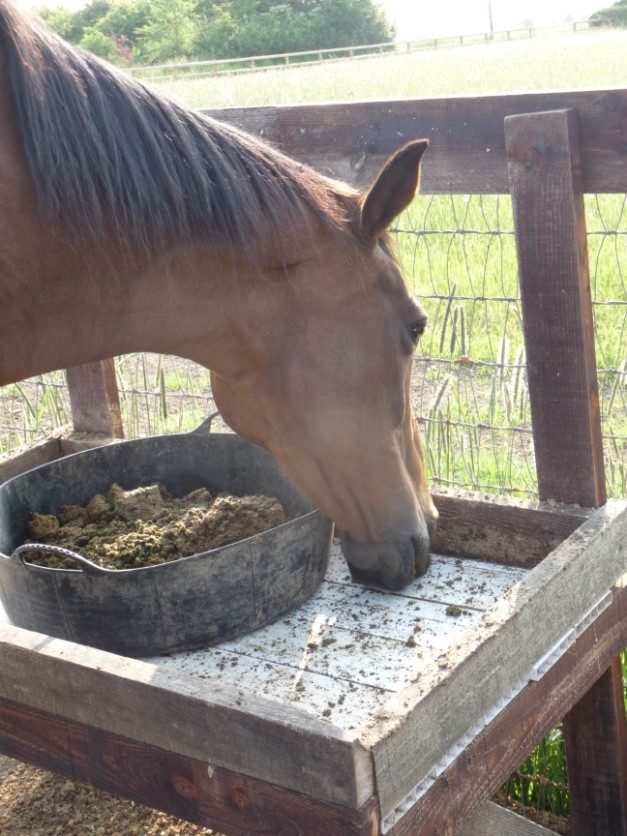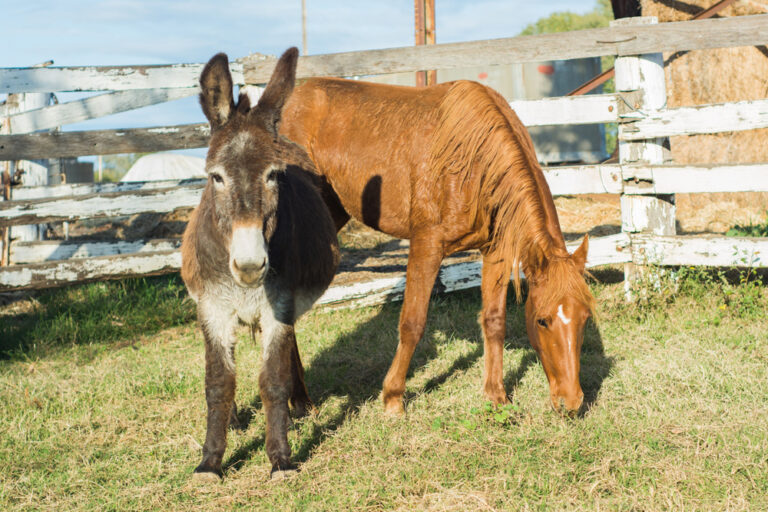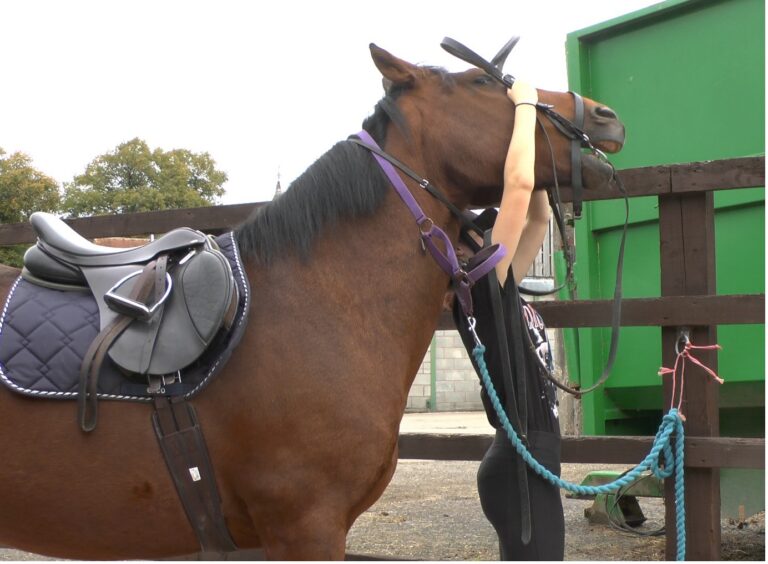Senior horse care can become complicated if your horse develops medical or physical issues. As horse owners, we all want our equine companions to enjoy long and healthy lives. But as horses age, they require extra care and attention to maintain their well-being. This is especially true for senior horses that might have different needs and sensitivities than younger horses.
In this article, we’ll discuss some dos and don’ts of senior horse care that every experienced horse owner should know. These tips will help you ensure your beloved senior horses stay healthy and happy in their golden years.
Dos of Senior Horse Care
- DO provide a balanced diet. As horses age, their digestive system becomes less efficient. That makes it important to feed them high-quality hay and grain to ensure they are getting all their necessary nutrients. Consult with your veterinarian or an equine nutritionist for specific dietary recommendations for your senior horse.
- DO schedule regular veterinary checkups. Just like humans, senior horses are more prone to health issues as they age. Regular checkups can help you identify any potential problems early and allow for prompt treatment.
- DO exercise your senior horses regularly. While they might not be able to handle the same level of activity as when they were younger, it’s important to keep senior horses moving to maintain their muscle mass, joint flexibility, and overall health.
- DO provide a comfortable living environment. As horses age, they might develop arthritis or other mobility issues. It’s important to have soft bedding with good footing underneath to make lying down and getting up easier. Sometimes older horses don’t lie down to rest as much as they should because they know it is difficult to get up.
- DO ensure easy access to food and water in an environment where senior horses won’t have to compete with herdmates.
- DO pay attention to dental care. Senior horses might have trouble chewing due to worn-down teeth, so regular dental checkups and floating (filing down sharp tooth edges) are necessary to ensure they can break down and digest their food properly.
Don’ts of Senior Horse Care
- DON’T make sudden changes to your senior horse’s diet. Any dietary changes should be made gradually to avoid digestive upset or colic.
- DON’T neglect hoof care. As horses age, their hooves can become more brittle and require more frequent trimming or shoeing. Regular hoof care is essential for maintaining your horse’s overall health. Your veterinarian, nutritionist, or farrier might recommend a hoof supplement.
- DON’T ignore signs of pain or discomfort. Senior horses might not show you they are experiencing pain, so it’s important to pay attention to subtle changes in their behavior or movements that could indicate pain.
- DON’T overexert your senior horse. While regular exercise is important, it’s crucial to not push your senior horse beyond its physical limitations. Know when to take breaks, and listen to what your horse is telling you.
Final Words
With these dos and don’ts in mind, you can provide the best care for your senior horses and give them a comfortable and fulfilling retirement. Remember to always consult with your veterinarian for personalized advice. Keep learning about new developments in equine health and continue providing the best care for your beloved senior horse at MySeniorHorse.com.
Editor’s Note: Please keep in mind that every senior horse is unique and might have individual needs or health concerns. It’s important to monitor your horse’s condition closely and, with guidance from your veterinarian, make adjustments as needed. With proper care, your senior horse can continue living a fulfilling and comfortable life with you for many years.
Adapted from an article first published on EQUUSMagazine.com.
Further Reading
- When Is a Horse Considered ‘Senior’? Clare Barfoot, RNutr. MySeniorHorse.com
- Coat Changes and Immune System Shifts in Senior Horses. Kimberly S. Brown. MySeniorHorse.com
- How Long Can A Horse, Donkey, or Mule Live? Kimberly S. Brown. MySeniorHorse.com
-
Editors of My Senior Horse are journalism professionals, most of whom are lifelong horse owners.View all posts

